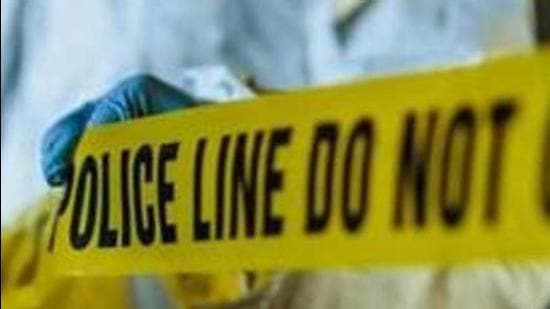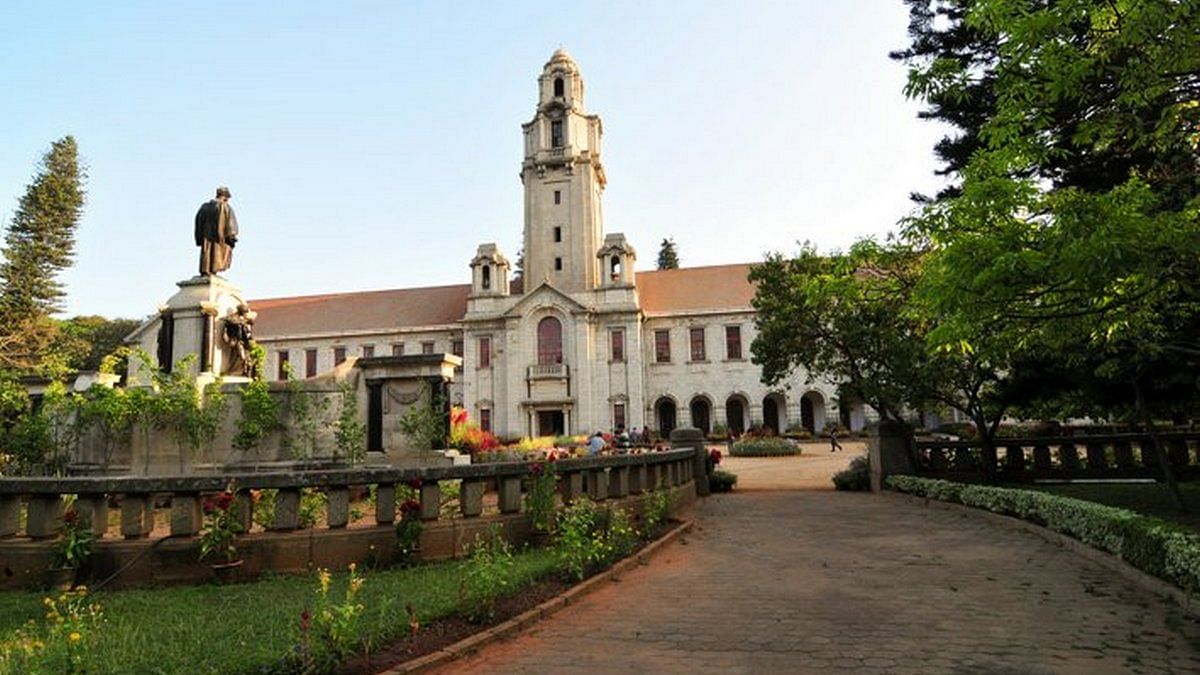Laying out a path for India’s national suicide prevention strategy

CHENNAI:, DECEMBER 10, 2021 05:19 IST
Policy paper offering a range of evidence-based solutions for India, which reports the highest number of suicide deaths in the world
As India lumbers on with the formulation of its national suicide prevention strategy, in the works for some years now, The Lancet has published a broad and comprehensive policy paper offering a range of evidence-based solutions across sectors to reduce the very high suicide rate in the country.
The paper titled ‘The national suicide prevention strategy in India: Context and considerations for urgent action’ by Lakshmi Vijayakumar, Prabha S. Chandra, Munirathinam Suresh Kumar, Soumitra Pathare, Debanjan Banerjee, Tanmoy Goswami and Rakhi Dandona, hopes to propel India’s efforts to evolve a suicide prevention strategy as a rounded policy involving multiple sectors and implementation.
“The suicide rate among Indian girls and women continues to be twice the global rate, though it has dropped in the last decade or so. We are also losing a large number of young lives to suicide, which accounts for most deaths in the 15-39 years age group,” explained Dr. Vijayakumar.
“This is unacceptably high. Urgent action is required in India, one that will work across sectors,” she added.
The paper records that India reports the highest number of suicide deaths in the world. Hanging is the most common method of suicide, followed by pesticides poisoning, medicine overdose, and self-immolation. Depression and alcohol use disorders, and social and cultural factors, appear to increase the risk of suicide. The authors say a “scaffolding approach across all domains that is available and accessible during vulnerable points over the life course could help individuals who might not be able to cope without help”.
Besides advocating short and medium strategies across sectors, including agriculture, the judiciary, media, education and women’s health, apart from mental health, the paper calls for the constitution of a task force for suicide prevention research to create a road map. There is also a need for more robust, relevant and real-time data on suicides and attempted suicides, the paper says, besides recommending a reconciliation of the various contradictions on the ‘attempt to suicide’ clause in the law. It also lists interventions that have reduced the suicide rate in various sections in the country, including among students and rural groups, by limiting the availability of pesticides.
It is also essential to launch a programme in mission mode, a strategy that has served multiple nationwide health interventions in the country well. A national policy which gives overall guidance must be tailored to the needs of States, Dr. Vijayakumar said. “We have a huge number of deaths by suicide in this country. Even a 5% reduction in the rate will result in a good number of lives saved,” she added.
xxxxxxxxxxxxxxxxxxxxxxxxxxxx
My Comment in Hindu:
It would have been nice had Hindu Published the Proposed Strategy instead of talking about it. India is a Very very Complex Pandora Box of Cultural & Religious Conficts, Poverty and Prejudices destroying lives of youths in despair. What ever this strategy is not going to save 5% of Suicidal deaths..
We as a Nation have to stop chasing money and respect life. So many University students are driven to suicide by the very teachers who are the educate the youngsters; men and women who should never have been allowed to Teach students





 The Indian Institute of Science campus in Bengaluru | Photo: @iiscbangalore
The Indian Institute of Science campus in Bengaluru | Photo: @iiscbangalore

